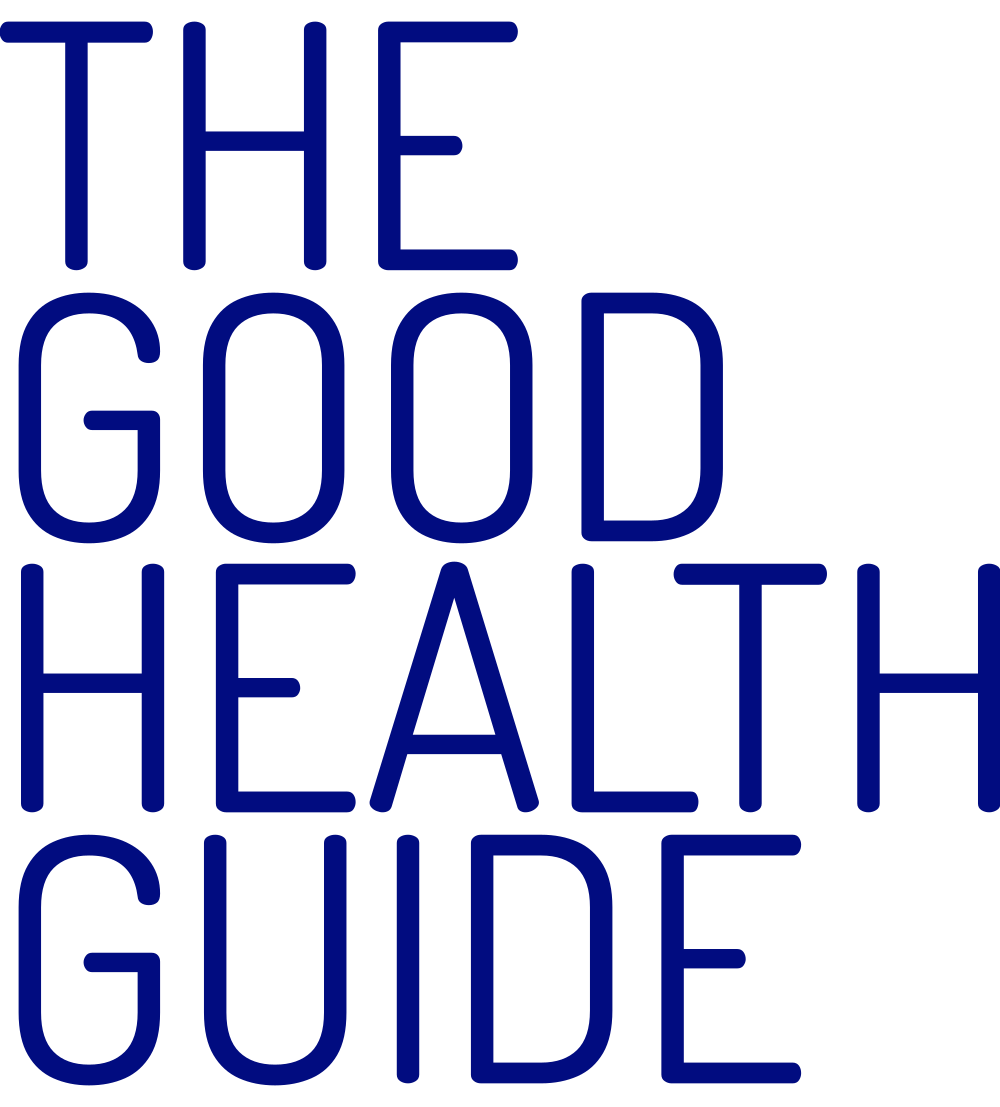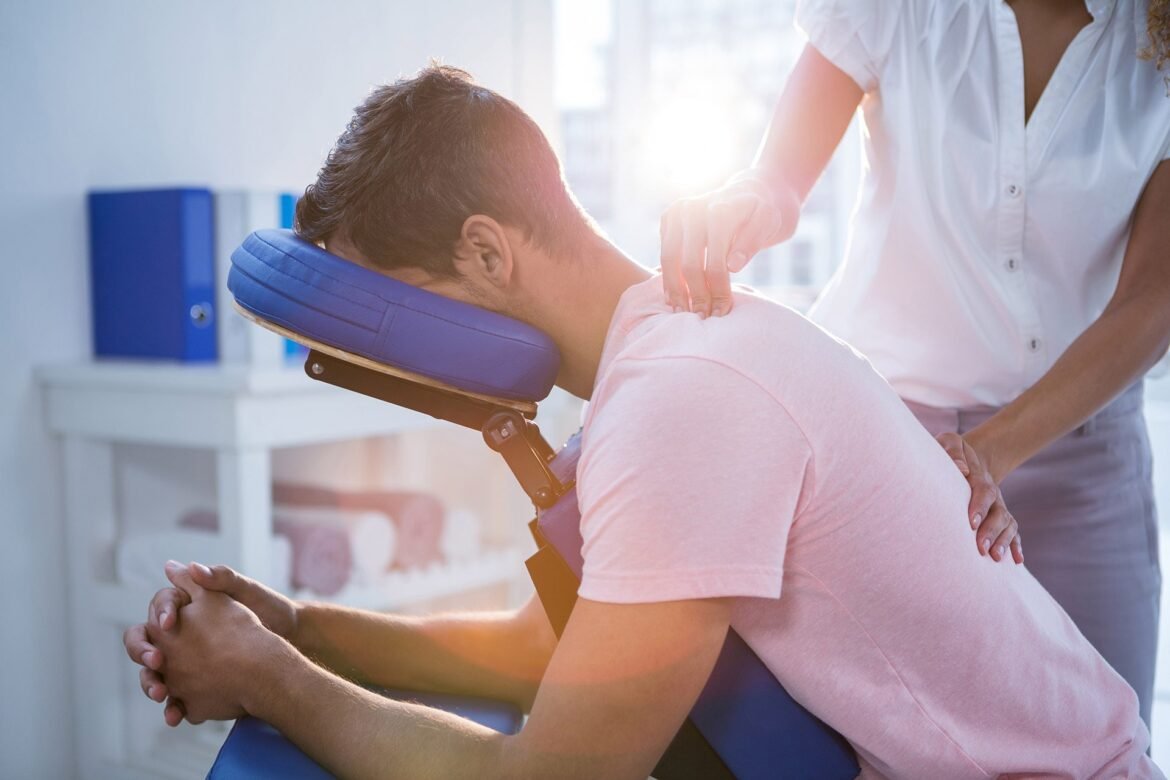A slipped disc, also known as a herniated disc or a ruptured disc, is a common spinal condition that can cause significant discomfort and pain. It occurs when the soft inner core of a spinal disc pushes through the tougher outer layer, often pressing on nearby nerves. While it can affect any part of the spine, a slipped disc in the back is particularly common. Recognizing the signs of a slipped disc is crucial for early diagnosis and effective treatment. In this article, we will explore ten key signs that may indicate you have a slipped disc in your back.
- Back Pain
The most prevalent and noticeable symptom of a slipped disc in the back is back pain. The pain is typically localized in the area where the affected disc is located. It can vary in intensity from mild to severe and may be constant or intermittent. The pain often worsens with movement, such as bending, twisting, or lifting heavy objects.
- Radiating Pain
In addition to localized back pain, a slipped disc can also cause radiating pain. This pain travels along the path of the affected nerve and can extend into the buttocks, hips, thighs, and even down to the legs and feet. This radiating pain is often described as shooting or burning in nature.
- Numbness and Tingling
A slipped disc can compress nearby nerves, leading to numbness and tingling sensations in the affected area. You may experience pins and needles or a loss of sensation in your back, buttocks, or legs. These sensations can be accompanied by weakness in the affected limb.
- Muscle Weakness
Muscle weakness is another common sign of a slipped disc. When a nerve is compressed or irritated, it can disrupt the signals sent from the brain to the muscles. This can result in muscle weakness, making it difficult to perform certain movements or activities.
- Pain Aggravated by Certain Positions
People with a slipped disc often find that their pain worsens when they assume certain positions. For example, sitting for prolonged periods, standing for too long, or bending forward can exacerbate the discomfort. On the other hand, lying down or changing positions may provide temporary relief.
- Pain When Sneezing or Coughing
Sudden movements like sneezing or coughing can increase pressure on the spinal discs, leading to intensified pain for individuals with a slipped disc. This is a distinctive sign that differentiates it from other back conditions.
- Difficulty Walking
In severe cases of a slipped disc, individuals may experience difficulty walking or maintaining their balance due to muscle weakness and pain. This can significantly impact their mobility and daily activities.
- Changes in Reflexes
In some instances, a slipped disc can affect reflexes. Your reflexes may become diminished or exaggerated in response to certain stimuli, which can be an indicator of nerve compression.
- Bowel or Bladder Dysfunction
Although less common, a severely herniated disc can lead to bowel or bladder dysfunction. If you experience issues with urination or bowel movements along with back pain, it’s essential to seek immediate medical attention.
- Sciatica
Sciatica is a specific condition characterized by pain radiating down the sciatic nerve, often caused by a slipped disc in the lower back. This pain can be sharp, shooting, and extremely uncomfortable.
Conclusion
A slipped disc in the back can cause a range of symptoms, from localized pain to radiating discomfort, muscle weakness, and even sensory and motor disturbances. If you suspect you may have a slipped disc, it’s crucial to consult a healthcare professional for a proper diagnosis and treatment plan. Early intervention can help alleviate pain, prevent further damage, and improve your overall quality of life. Remember that not all back pain is indicative of a slipped disc, so a thorough evaluation by a medical expert is essential for accurate diagnosis and appropriate care.
FAQs About Slipped Discs in the Back
- What is a slipped disc in the back?
- A slipped disc, also known as a herniated or ruptured disc, occurs when the soft inner core of a spinal disc pushes through the tough outer layer, often pressing on nearby nerves. It can happen anywhere along the spine but is common in the back.
- What are the common signs of a slipped disc in the back?
- Common signs include back pain, radiating pain into the buttocks or legs, numbness, tingling, muscle weakness, and pain aggravated by certain positions or movements.
- How is a slipped disc diagnosed?
- Diagnosis typically involves a physical examination, discussion of symptoms, and often imaging tests like X-rays, MRI, or CT scans to confirm the location and severity of the slipped disc.
- What causes a slipped disc in the back?
- Slipped discs can result from wear and tear due to aging, sudden injuries, lifting heavy objects improperly, or repetitive motions. They can also occur without a specific cause.
- Can a slipped disc heal on its own?
- In many cases, mild slipped discs can improve with conservative treatments like rest, physical therapy, and pain management. However, severe cases may require surgery.
- What are the treatment options for a slipped disc in the back?
- Treatment options vary depending on the severity. They may include physical therapy, pain medications, epidural steroid injections, and, in severe cases, surgical procedures such as discectomy or spinal fusion.
- Is bed rest recommended for a slipped disc?
- While rest is important during the acute phase, extended bed rest is generally discouraged. Gentle, controlled movements and exercises prescribed by a healthcare professional are often more beneficial for recovery.
- How long does it take to recover from a slipped disc?
- Recovery time varies depending on the individual and the severity of the slipped disc. Some people may experience improvement within a few weeks, while others may require several months of treatment and rehabilitation.
- Can lifestyle changes prevent a slipped disc in the back?
- While you can’t completely prevent a slipped disc, maintaining a healthy weight, practicing good posture, lifting objects properly, and engaging in regular exercise to strengthen core muscles can reduce the risk.
- When should I seek immediate medical attention for a suspected slipped disc?
- If you experience severe or progressive muscle weakness, loss of bladder or bowel control, or sudden and severe back pain, seek immediate medical attention, as these could be signs of a medical emergency related to a slipped disc.
Remember that this FAQ provides general information about slipped discs, but it’s important to consult with a healthcare professional for a personalized assessment and treatment plan if you suspect you have a slipped disc in your back.

